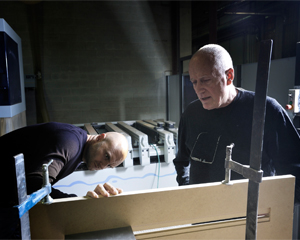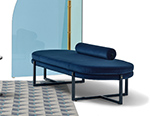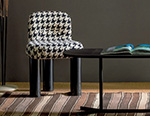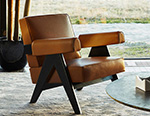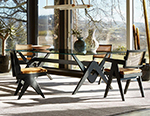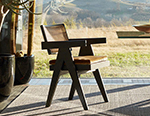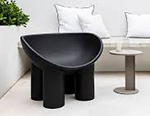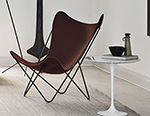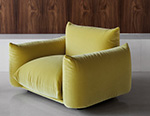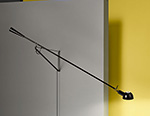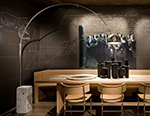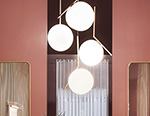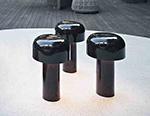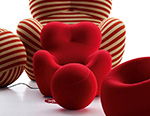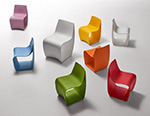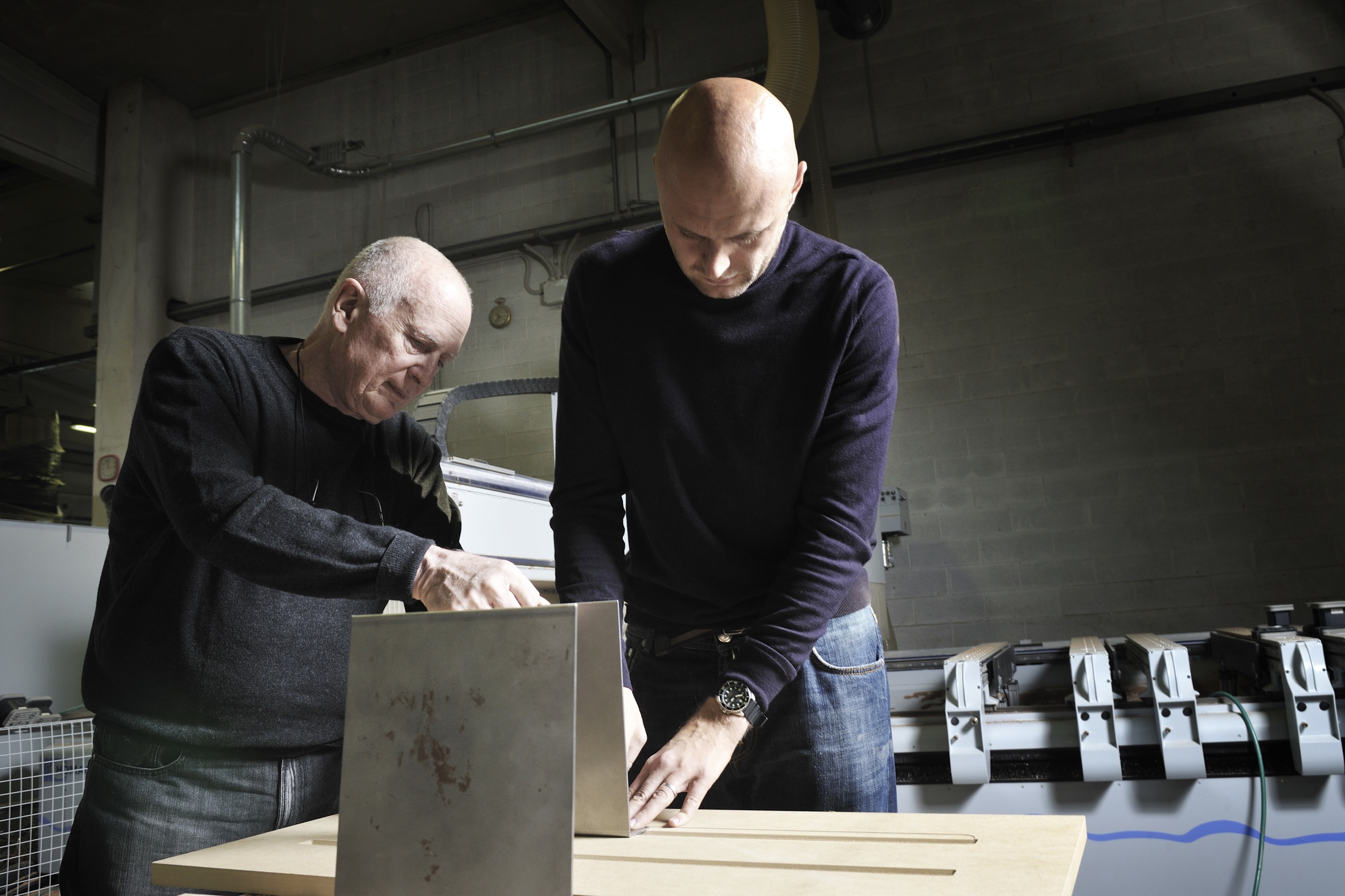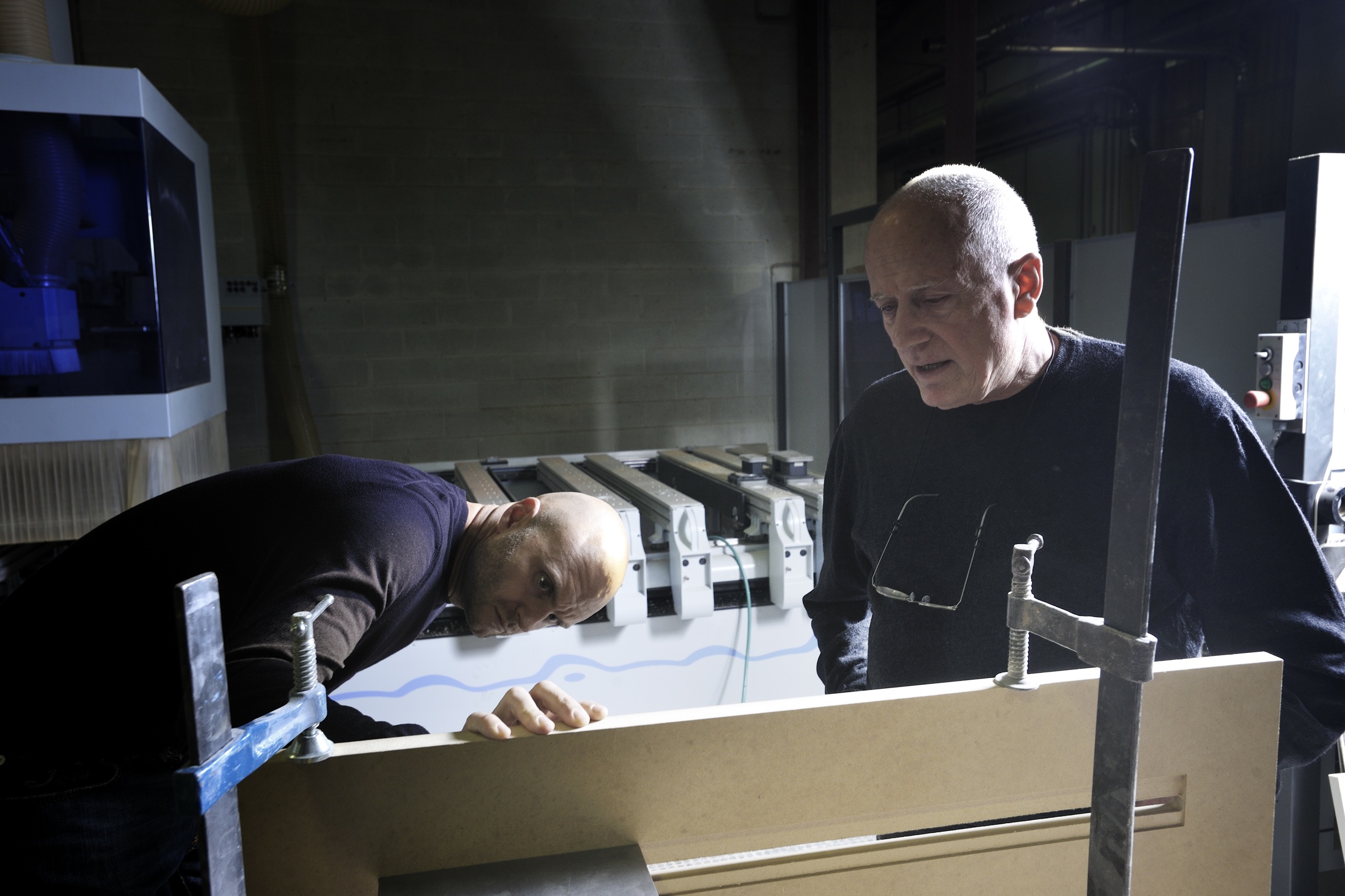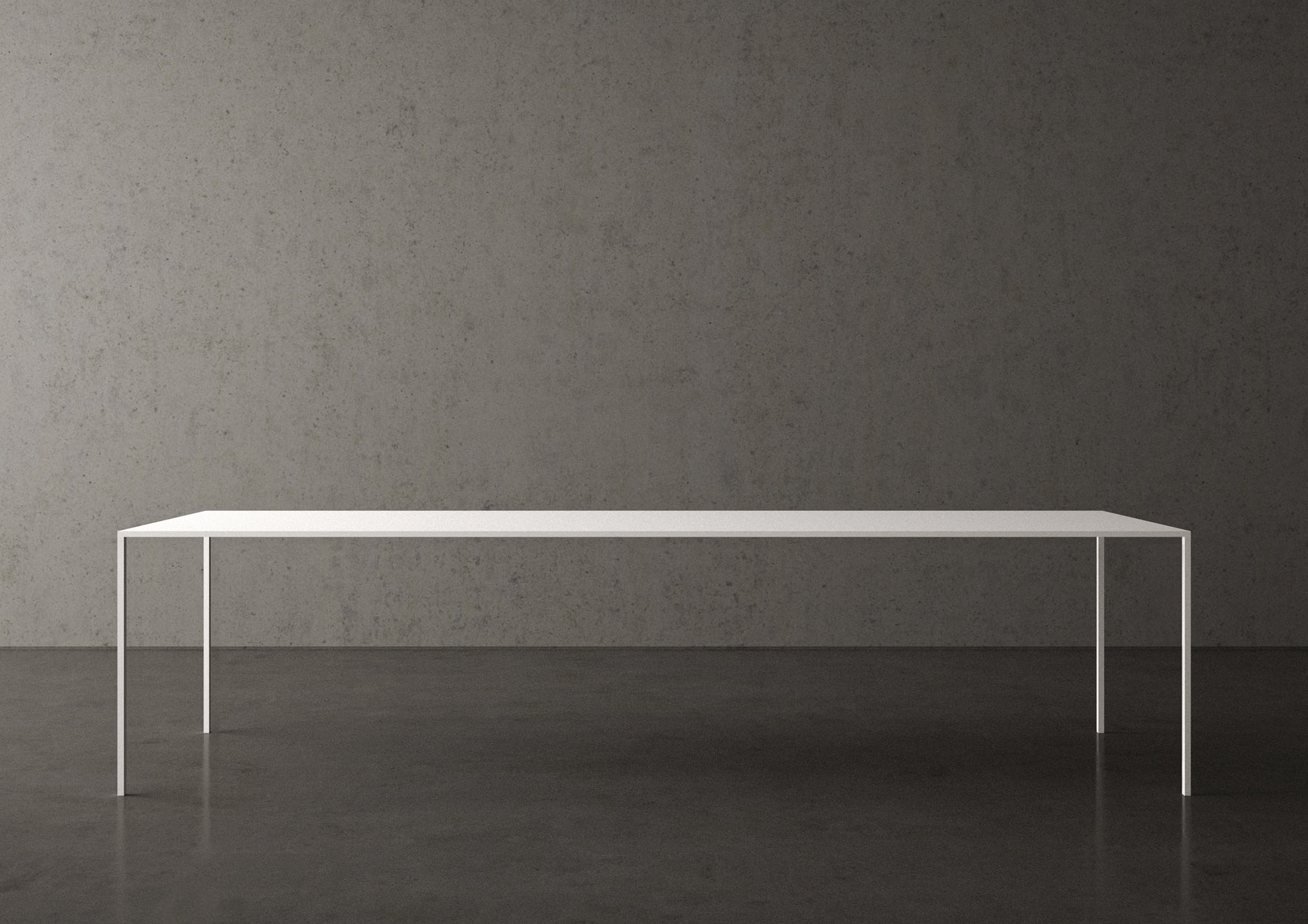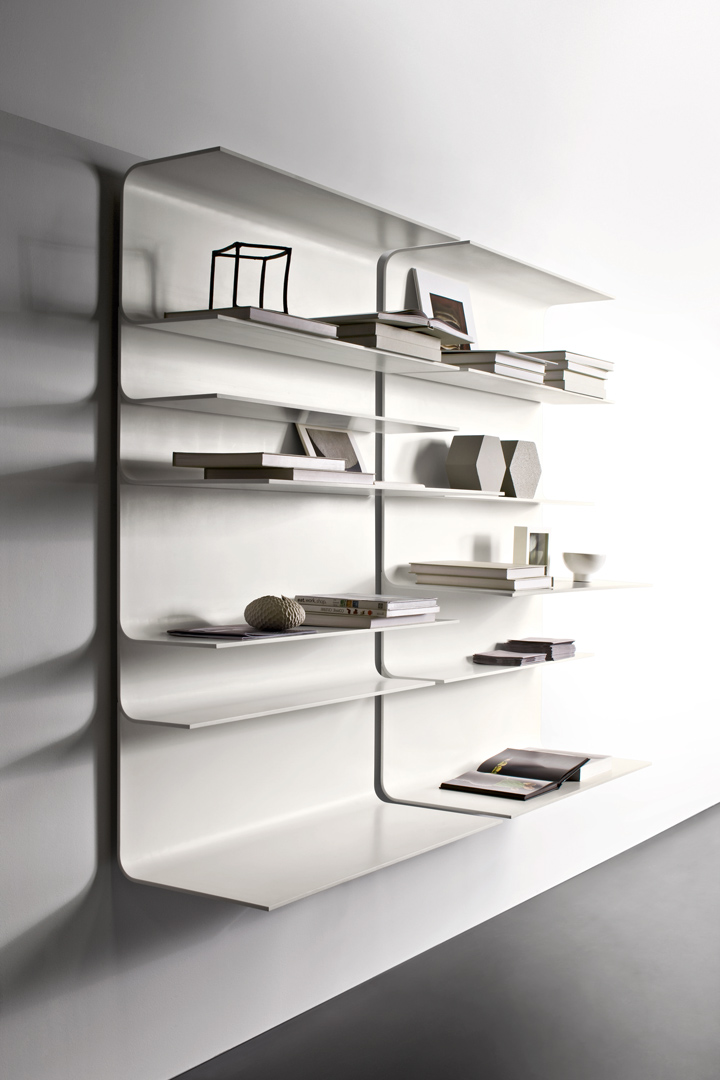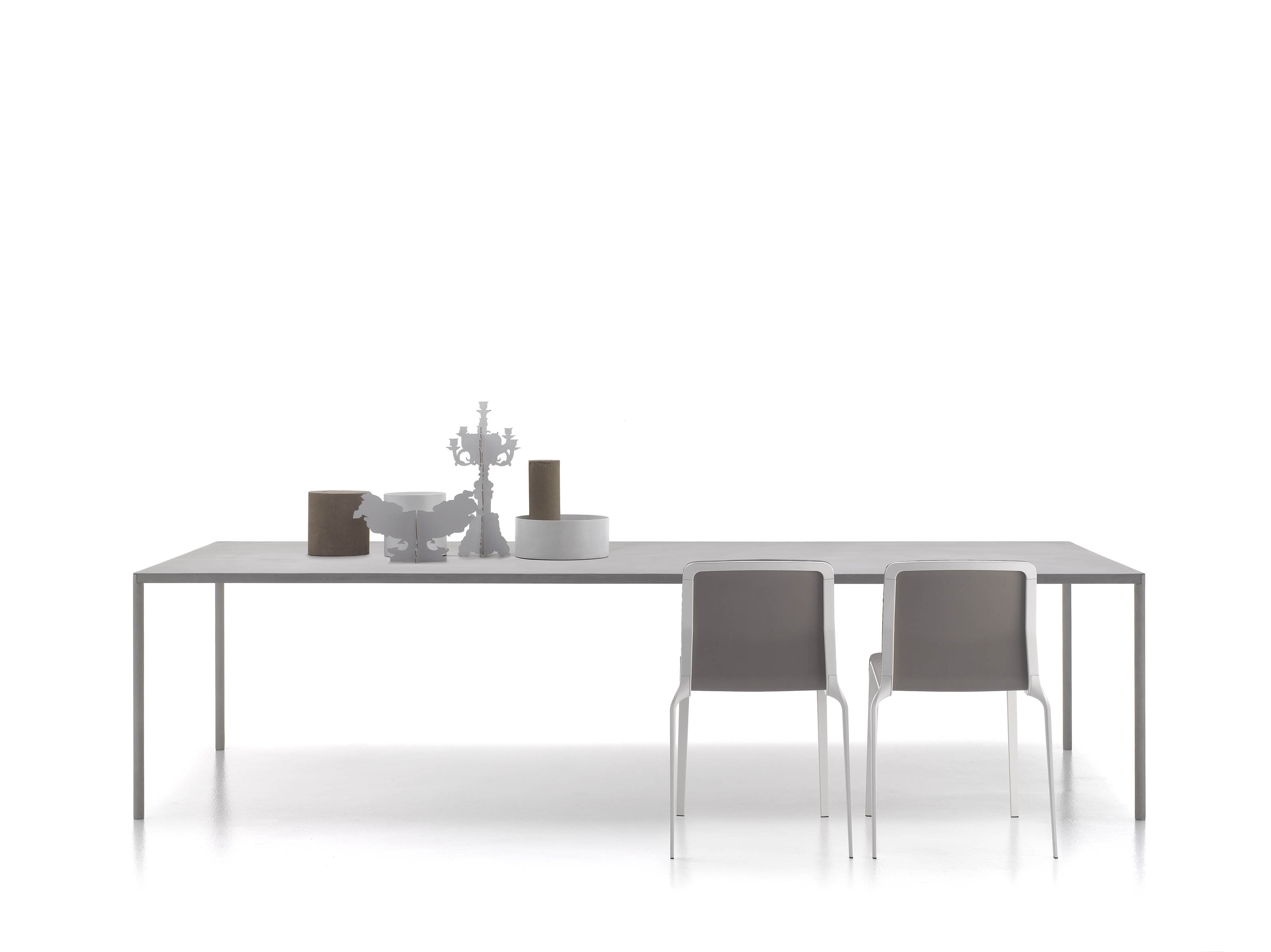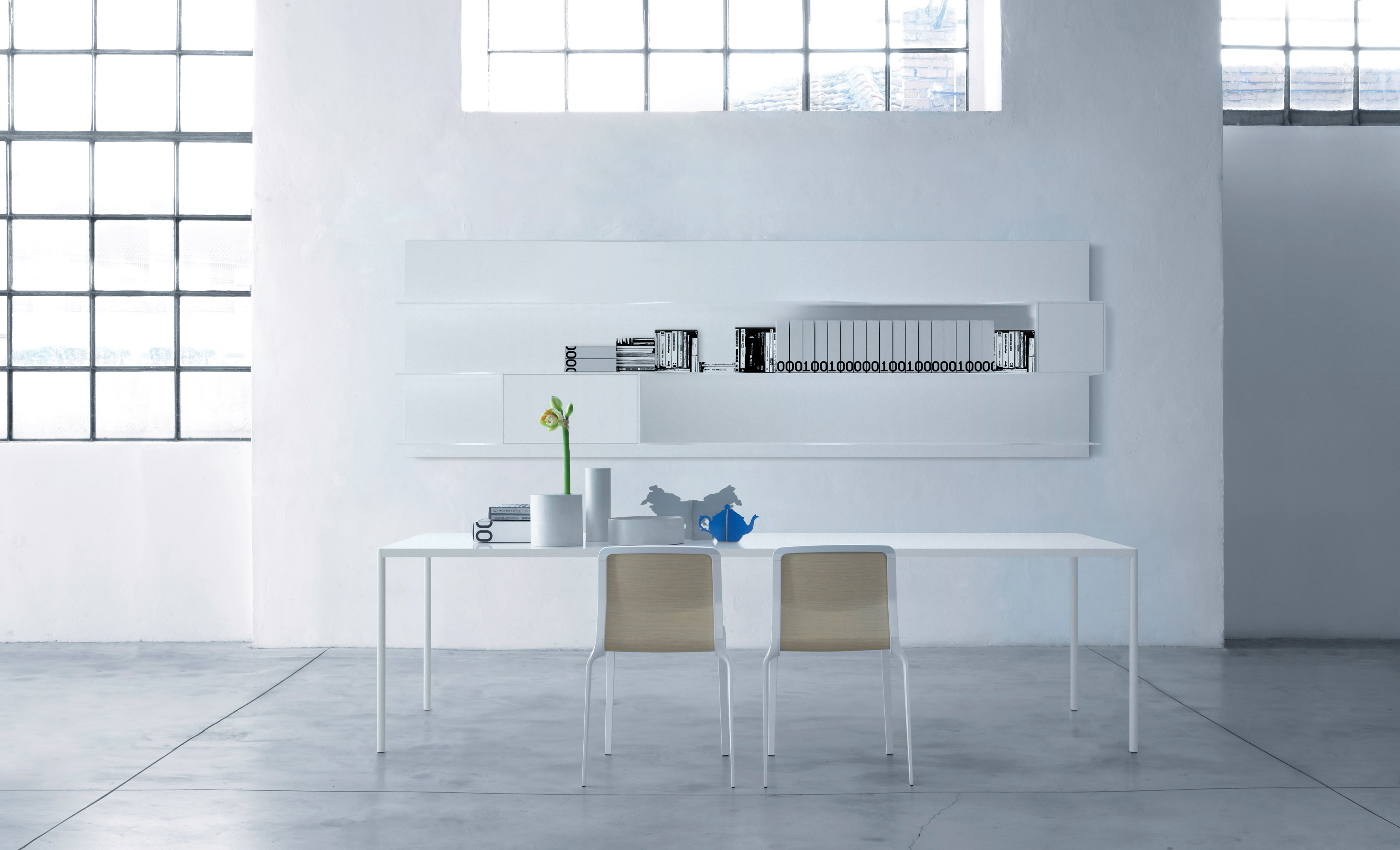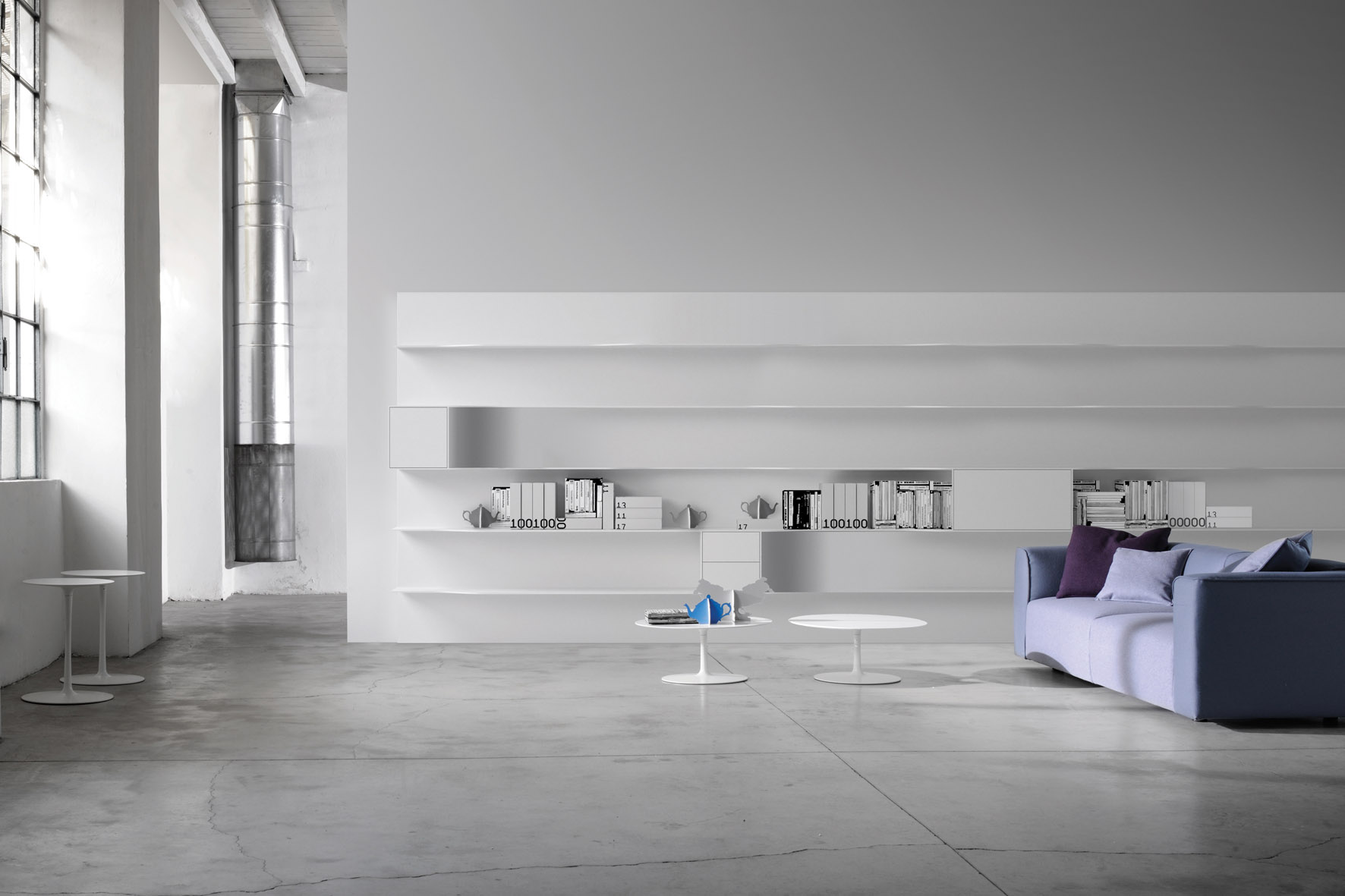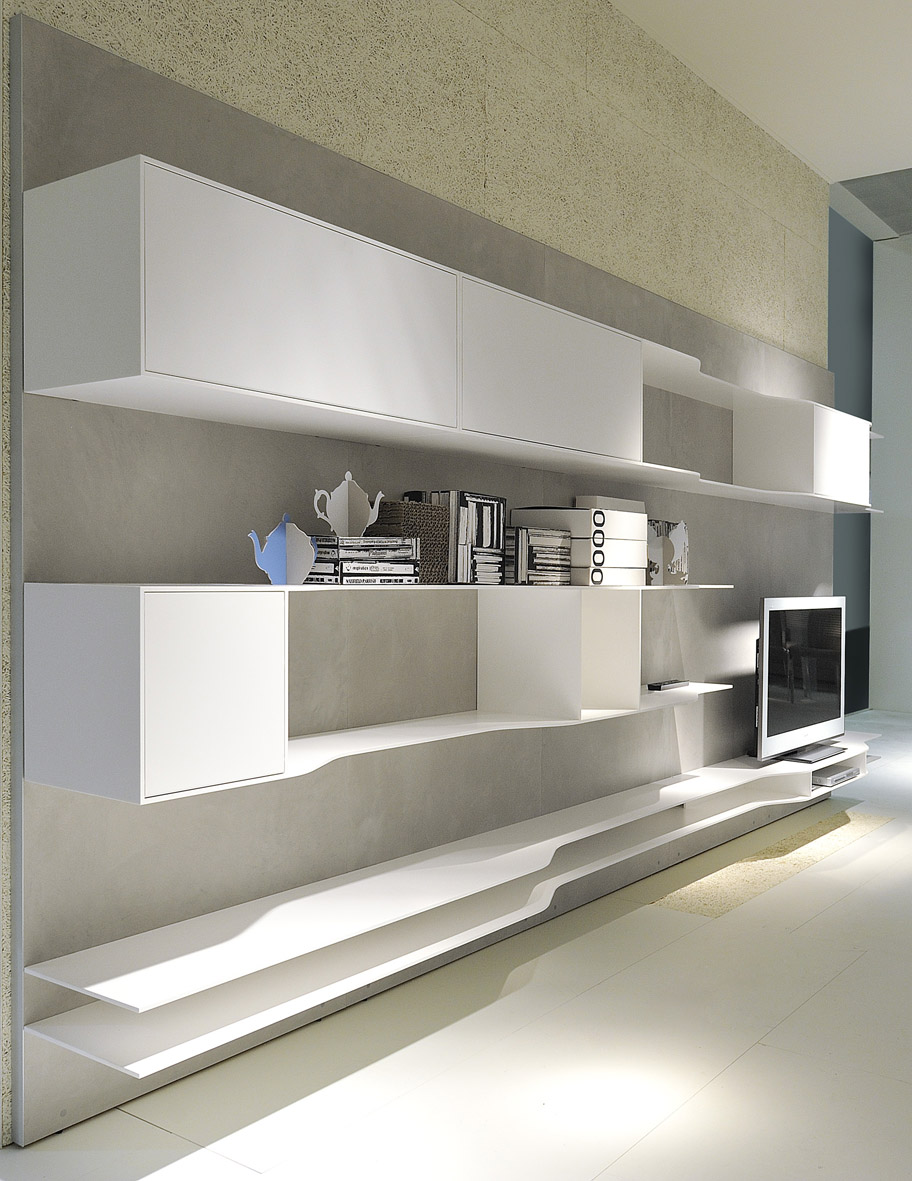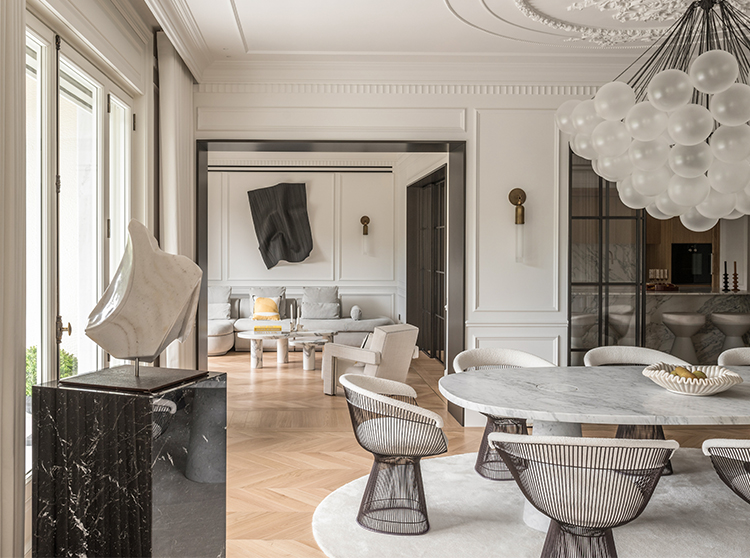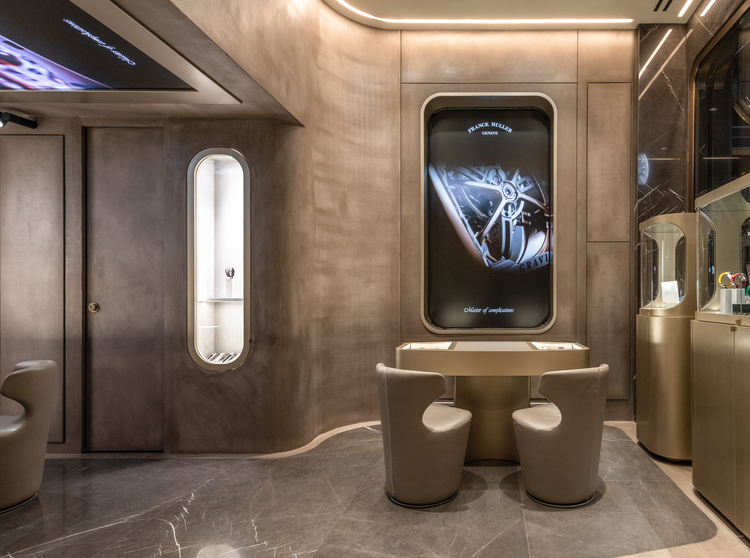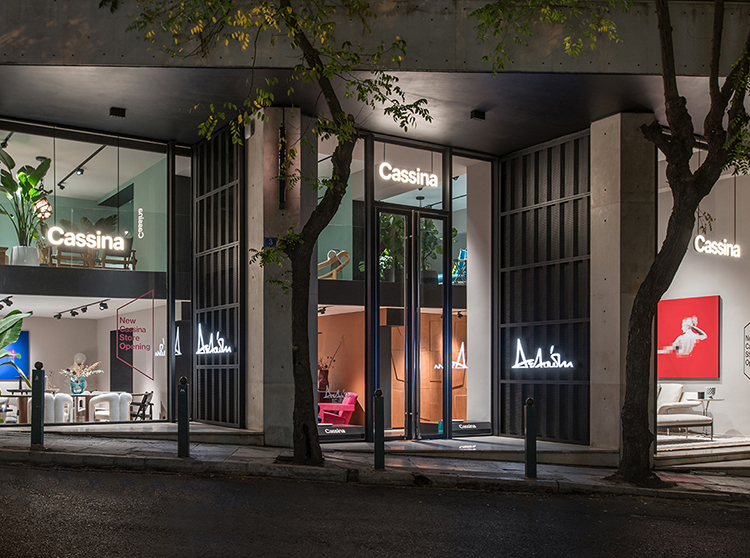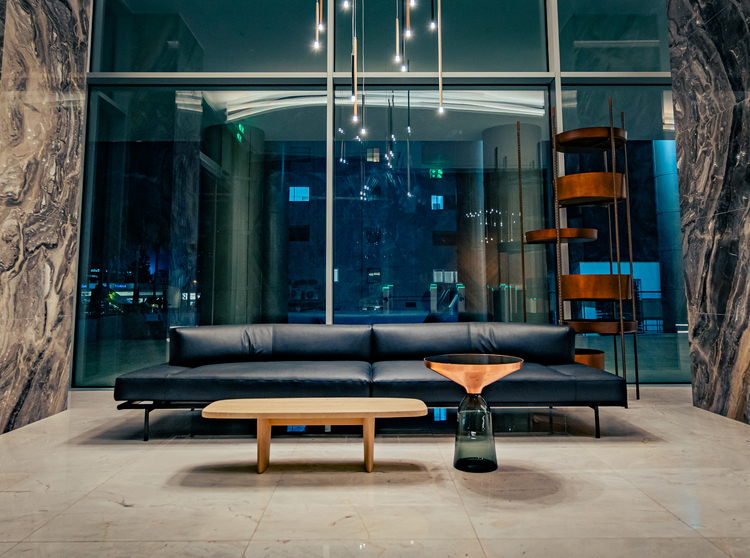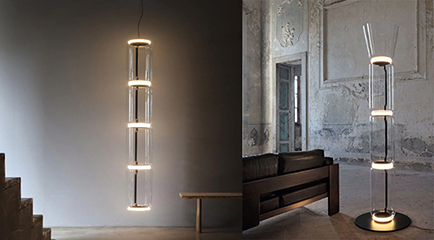Interview with Mr. Bruno Fattorini and Mr. Robin Rizzini
Bruno Fattorini and Partners is a company, which operates internationally in the industrial design field. Established in Milan in 2009, is the result of an extensive collaboration between Bruno Fattorini, designer and founder of MDF Italia and Robin Rizzini, industrial and visual designer. The partnership, born with the purpose of providing the furniture industry with a very specific know-how developed following different professional paths between design and entrepreneurial culture, is founded on the practical and solid base achieved by Bruno Fattorini during his experience as an entrepreneur, and is focused on reaching specific objectives.
It get its inspiration from a vision which sees design not focalized on a purely aesthetical dimension but also an holistic dimension, capable of creating identity and value. A structure that challenges the market starting from basics and criteria yet unseen in this field. The innovation resides in the approach to the profession and in the typology of the service provided. It is the designer himself who invests in the developing of the project and undertakes the production of prototypes that have to obtain highly advanced levels of detail and finish.
The potential client, instead of sketches, drawings and renders will evaluate a product or more products, solved out in each aspect including technical issues, production solutions, in-depth costs, market potential. The office passionately operates with the conviction that the creative process can't be divided from the productive process and the product communication. Bruno Fattorini and Partners offers to the client a strategic consultancy and services aimed to strengthen the identity and the general perception of the brand: advertising, visual communication, brand identity, retail design strategy.
With the design experience of Robin Rizzini, his knowledge of photography techniques and advanced software, the firm represents the state of the art in the field of virtual photography: production of virtual images at par with real photography, employed for ad campaigns, catalogues and web sites. A laboratory of excellence based on the continuous exchange of knowledge and creativity that with the contribution of a highly qualified network of consultants is capable of offering to the clients exclusive and competitive solutions with a real advantage. Respect, trust and confidentiality are the guidelines of the relationship with the clients.
INTERVIEW
What does design mean for you? What is design in your life?
Many answers have given to these questions by “master” designers: we would like not to be redundant. We perfectly agree with the “ten principles for good design” by Dieter Rams.
Please describe the changes in design over the last 20 years.
Well, changes in design pass through the big changes in society. The way of living the domestic spaces is different today; kitchens are part of the living areas, bathrooms are connected to the wellness, living rooms are much more conceived as entertainment rooms. Products have to follows these changes in terms of materials, dimensions, technology, cost.
Which designers/architects have influenced your work the most?
Charles and Ray Eames, Jean Prouvé, Le Corbusier.
What item have you envied because of its design?
Many items! One above all: 606 (Universal Shelving System) by Dieter Rams designed for Italian company De Padova.
Do you believe that design assists in the creation of a “better” world?
No doubts. In terms of functionality, time-saving, aesthetic. Just think about the great changes Apple brought to the everyday life for many people in the world.
Should design be more inexpensive or does it deserve to be paid for at a high price?
The price is directly proportional to the full scale economy. Beside that, we have to consider that furniture design is still a niche if compared to the world economy.
What led you to become involved in design?
The contest we grew up, our personal interests, our professional paths.
If you were not working on the design industry, what other profession would you have chosen?
Bruno: I would have been an entrepreneur…as I already was!
Robin: I would have been a musician.
Do you consider that the design industry will change in the next years due to the economic crisis?
They are changing already. The economic crisis force designers and manufacturers to keep costs controlled. This can lead to products which are essential and environmentally correct.
